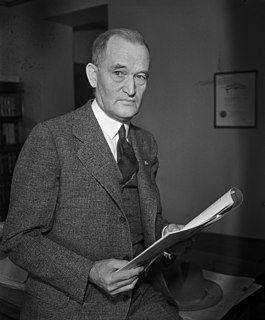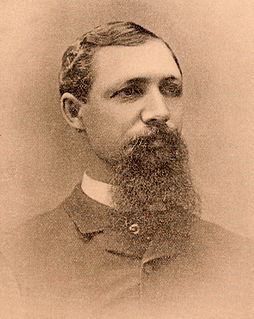A Quote by Saint Augustine
We judge all things according to the divine truth.
Related Quotes
When we have entered into divine covenants, the Holy Ghost is our comforter, our guide, and our companion. The fruits of the Holy Spirit are "the peaceable things of immortal glory; the truth of all things; that which quickeneth all things, which maketh alive all things; that which knoweth all things, and hath all power according to wisdom, mercy, truth, justice, and judgment" (Moses 6:61). The gifts of the Holy Spirit are testimony, faith, knowledge, wisdom, revelations, miracles, healing, and charity, to name but a few.
Democritus sometimes does away with what appears to the senses, and says that none of these appears according to truth but only according to opinion: the truth in real things is that there are atoms and void. 'By convention sweet', he says, 'by convention bitter, by convention hot, by convention cold, by convention colour: but in reality atoms and void.'
There is a warning here for true pilgrims. Beware of the talker, but also be careful not to judge too quickly those whom God has blessed with both genuine grace and a fluency to speak of divine mercy in ways more eloquent than others. The proof is in the life-not a perfect life, but a life that both delights in divine truth and magnifies God, the only giver of the sovereign grace that always produces the truly fruitful, fragrant life.
[I]t is impossible for those, who believe in the truth of Christianity, as a divine revelation, to doubt, that it is the especial duty of government to foster, and encourage it among all the citizens and subjects. This is a point wholly distinct from that of the right of private judgment in matters of religion, and of the freedom of public worship according to the dictates of one's conscience.
I understood, not with my intellect but with my whole being, that no theories of the rationality of existence or of progress could justify such an act; I realized that even if all the people in the world from the day of creation found this to be necessary according to whatever theory, I knew that it was not necessary and that it was wrong. Therefore, my judgments must be based-on what is right and necessary and not on what people say and do; I must judge not according to progress but according to my own heart.










































